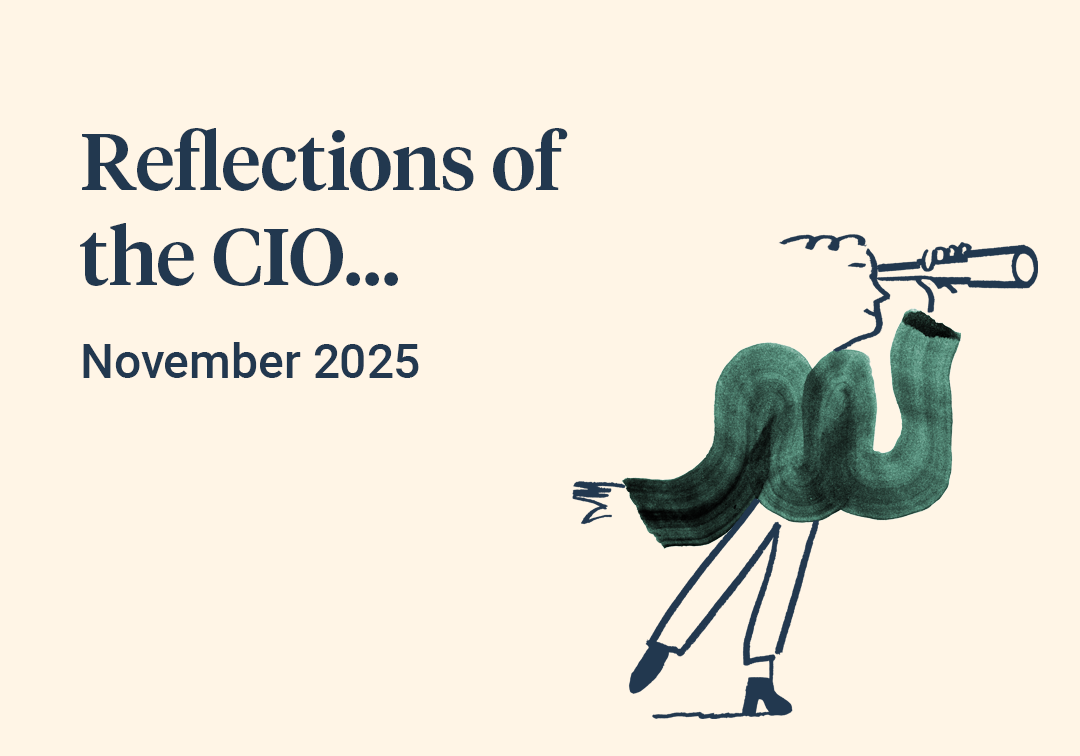Outlook and Portfolio positioning
February was the month during which global bond markets wobbled, sparking a general retreat in many other assets and injecting a note of uncertainty into the previously upbeat mood that the year began with. In many ways, the sell-off in the bond market was rational, even expected, as the safe-haven premium that was built into these assets during the Covid crisis is simply just unwinding a little, as the prospect of a return to normality comes ever closer.
In absolute terms, the bond market sell-off we saw in February moved ‘risk-free’ government bond yields up from 1.0% to 1.4%, in the USA, and up from 0.3% to 0.8%, in the UK. These moves leave them roughly back in line with where they were before the Covid crisis erupted a year ago. Given that we are very close to the re-opening of both societies, that does not seem too unreasonable a reaction, at least on the surface.
“In many ways, the sell-off in the bond market was rational, even expected, as the safe-haven premium that was built into these assets during the Covid crisis is simply just unwinding a little, as the prospect of a return to normality comes ever closer.”
However, the fact that this reversal was crammed into just one month was unnerving, as it had the potential to catalyse a further sell-off, and one that would be much less rational in nature. The thinking here is that the reopening of economies would release enough pent-up demand to push inflation up quickly and sustainably, leading eventually to the authorities raising interest rates.



